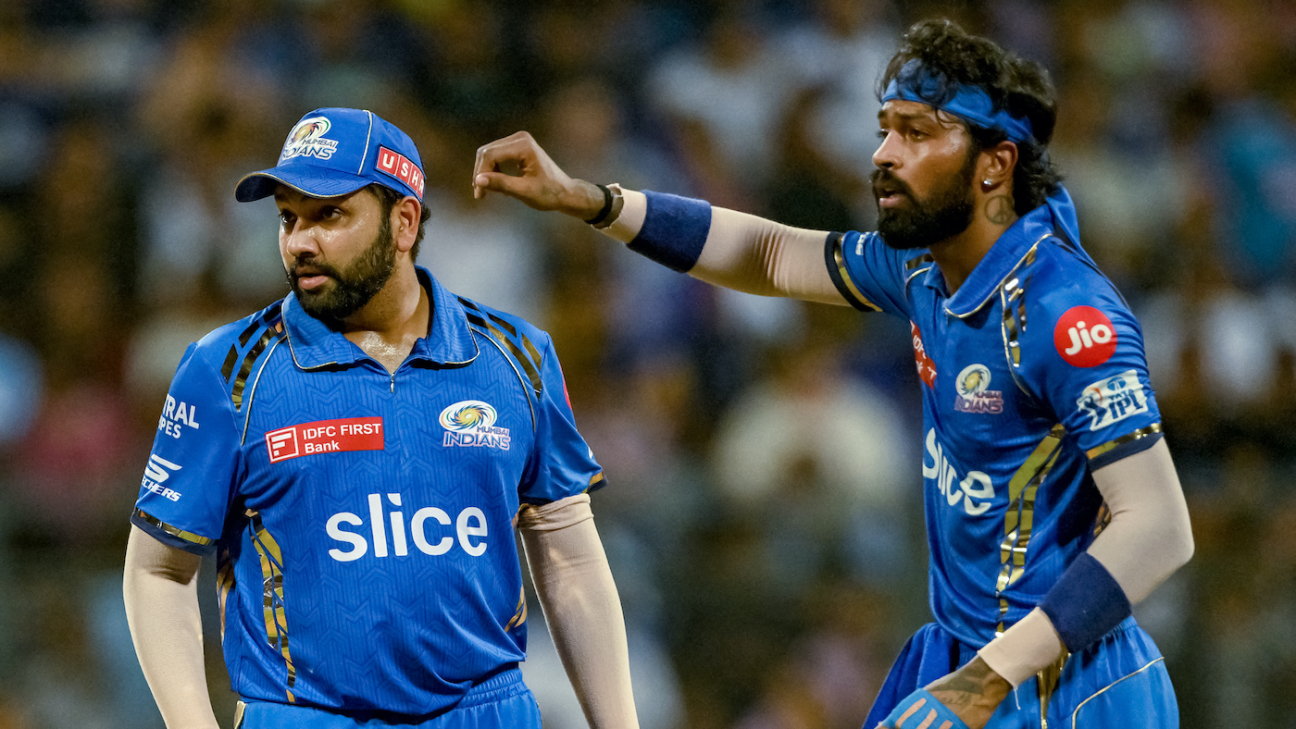With a retention budget of INR 75 crore, the Mumbai Indians (MI), the team with the joint-most success, were able to keep its core group of superstars, Jasprit Bumrah, Hardik Pandya, Suryakumar Yadav, Rohit Sharma, and rising potential Tilak Varma, for the 2025 IPL season.
MI was coming off a dismal 2024 season in which the five-time winners placed last in the standings. With the players themselves having a key role in establishing the retention hierarchy, the franchise’s strategy for retaining its best players demonstrates a fine balance between player management and financial planning.
According to reports, MI’s senior management held two important meetings with the players in early October. These meetings included owner Akash Ambani and returning head coach Mahela Jayawardene. These meetings covered more ground than just contracts; they also covered the team’s future course and individual responsibilities. The administration fostered an atmosphere in which players felt free to voice their worries and goals.
The retention hierarchy was determined by the MI players jointly.
Clarity about leadership duties was a key component of these conversations. India’s current T20I captain, Suryakumar, stated his desire to be captain, but the team continued to concentrate on Hardik’s leadership. The management felt that the all-rounder should be given an equal opportunity to demonstrate his captaincy abilities, even though 2024 was a difficult season.
With the complete backing of his teammates, Bumrah was able to achieve the highest retention value of INR 18 crore. Former captain Rohit, who withdrew from T20Is, gratefully took the fourth spot at INR 16.30 crore, followed by Hardik and Suryakumar at INR 16.35 crore apiece. Tilak completed the retentions at INR 8 crore in the meantime.
Also Read: Question remains whether Rohit Sharma will be retained: Harbhajan Singh
The players’ group decision-making process is a notable retention tactic. The players actively participated in choosing the retention hierarchy rather than having the management dictate terms.








 Win Projections to be updated soon
Win Projections to be updated soon











